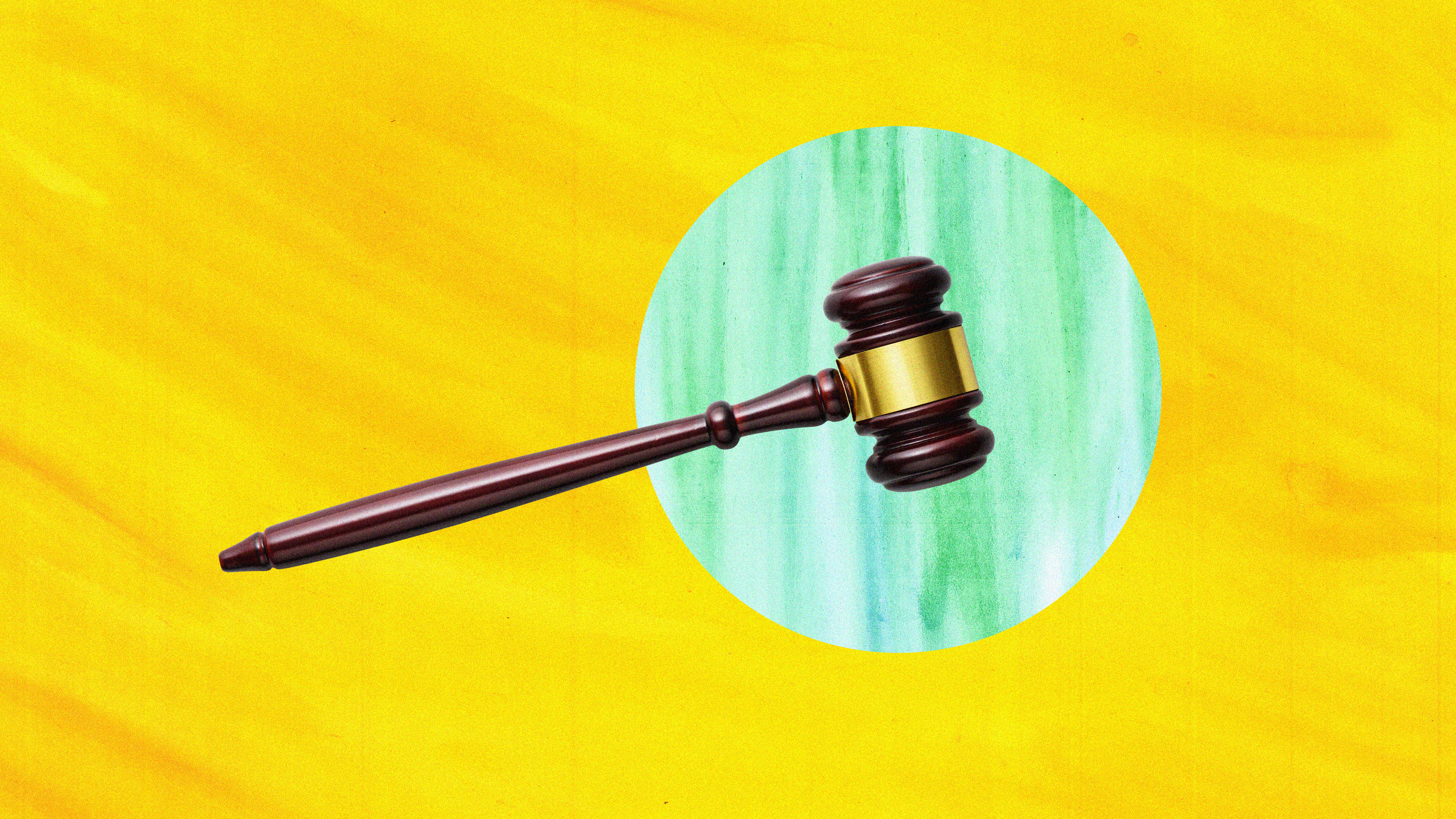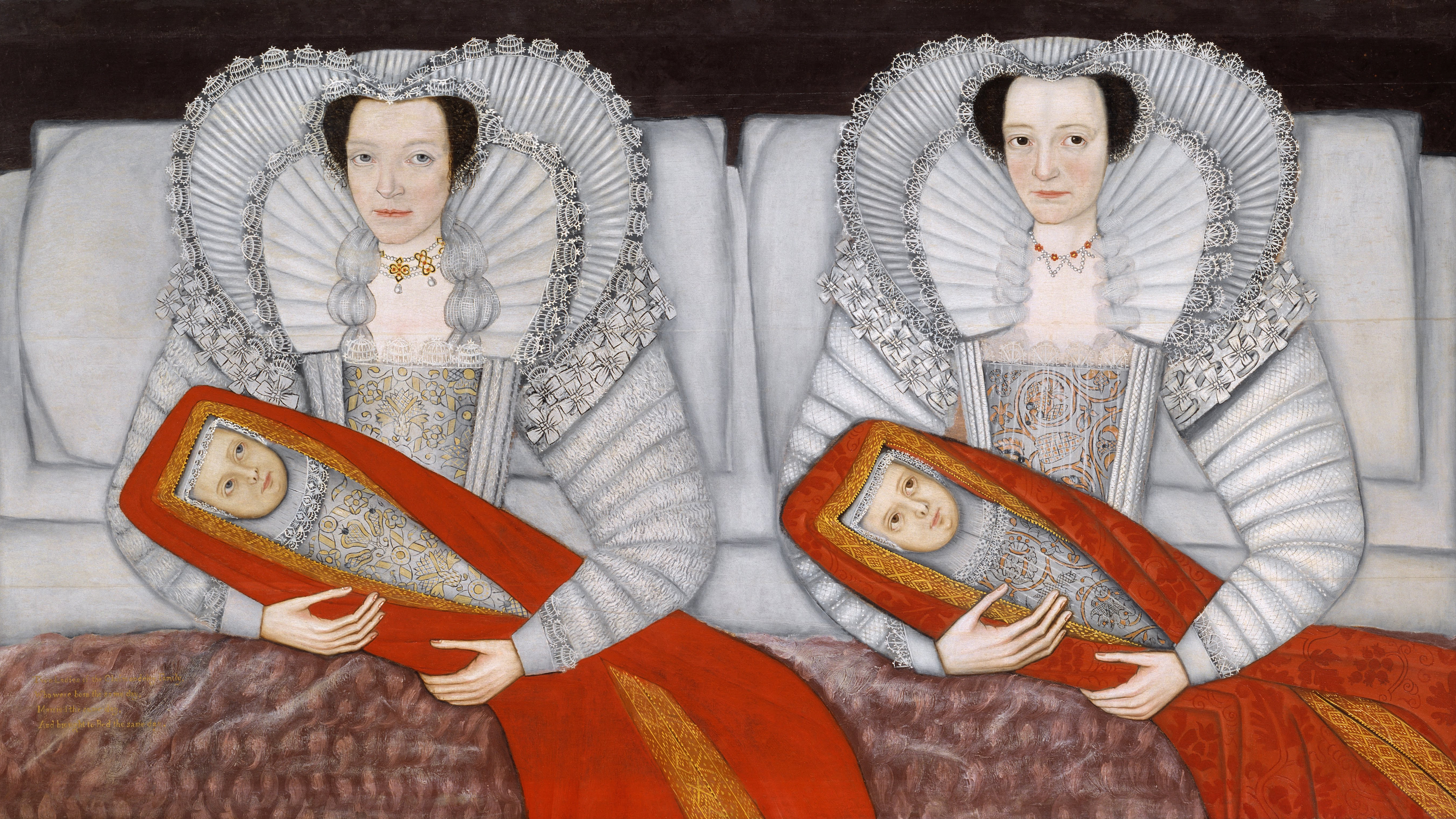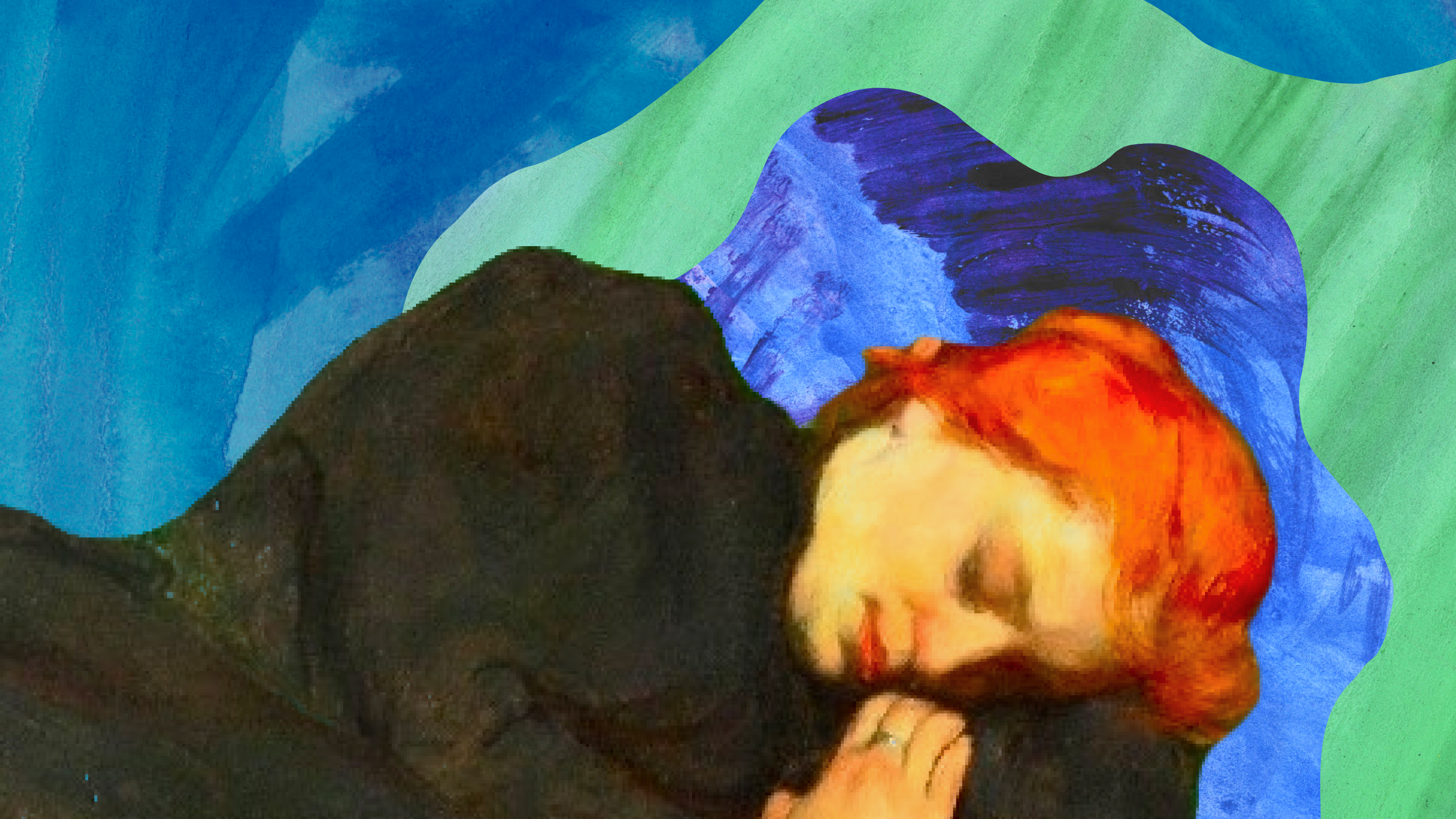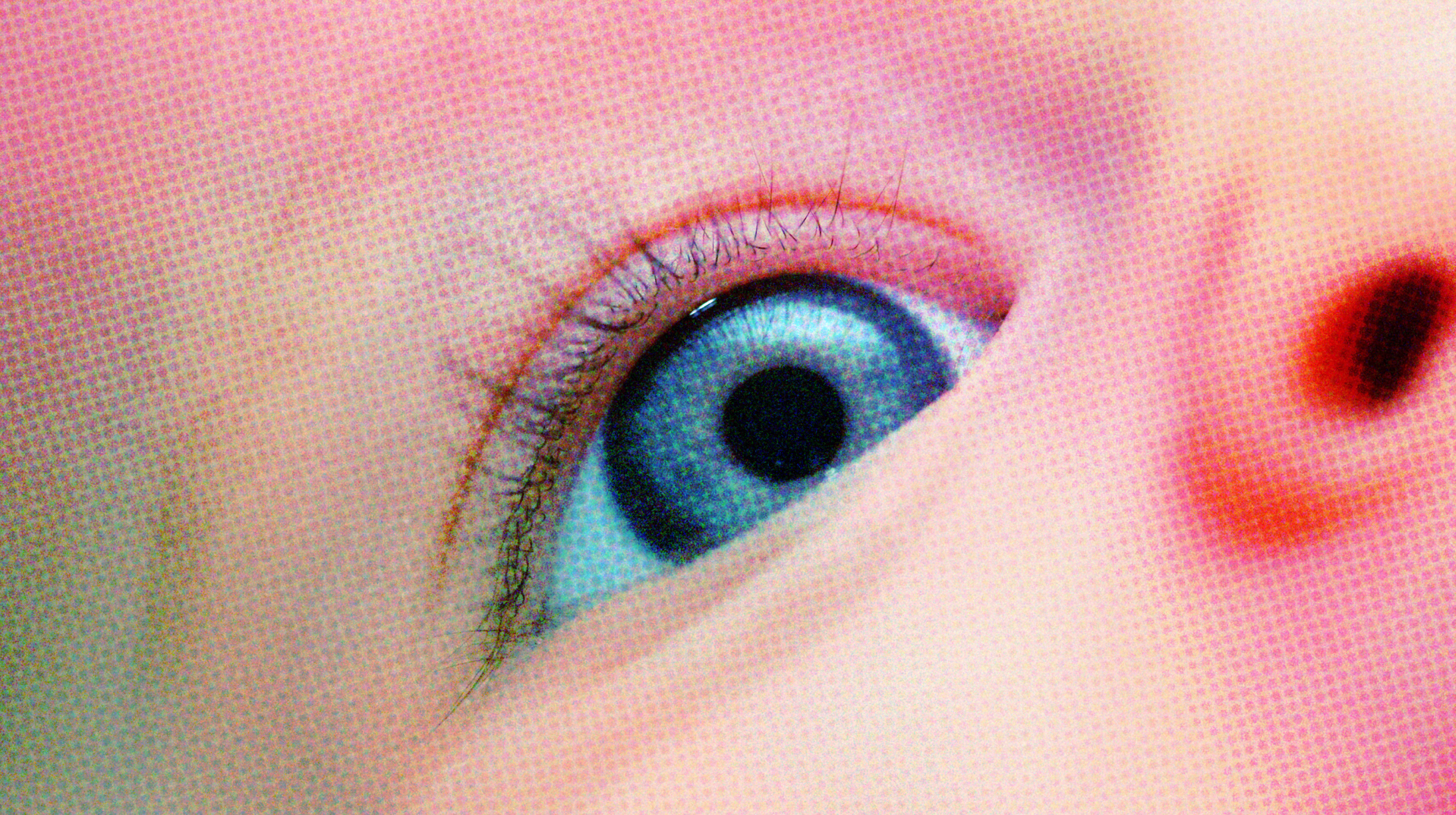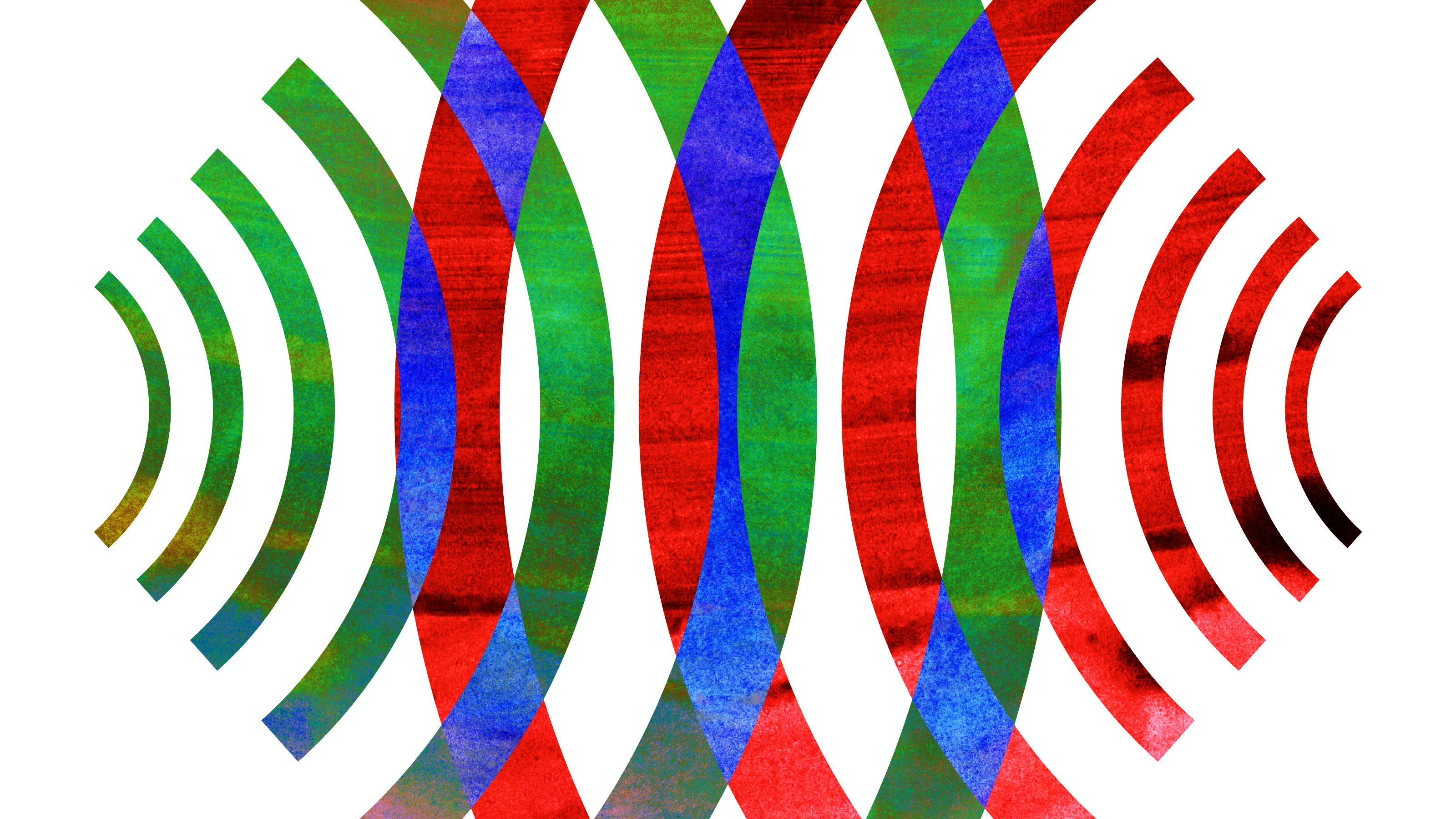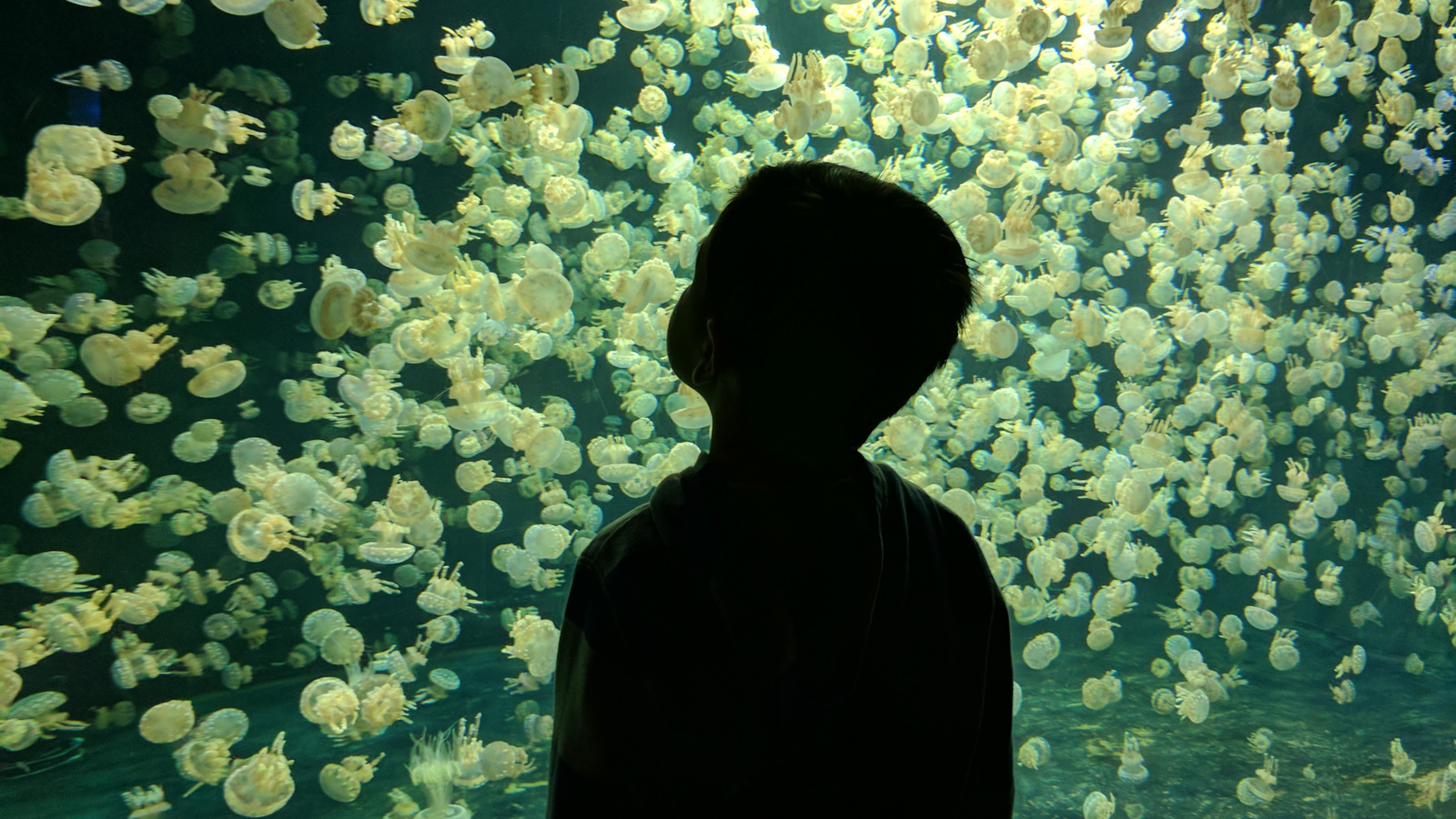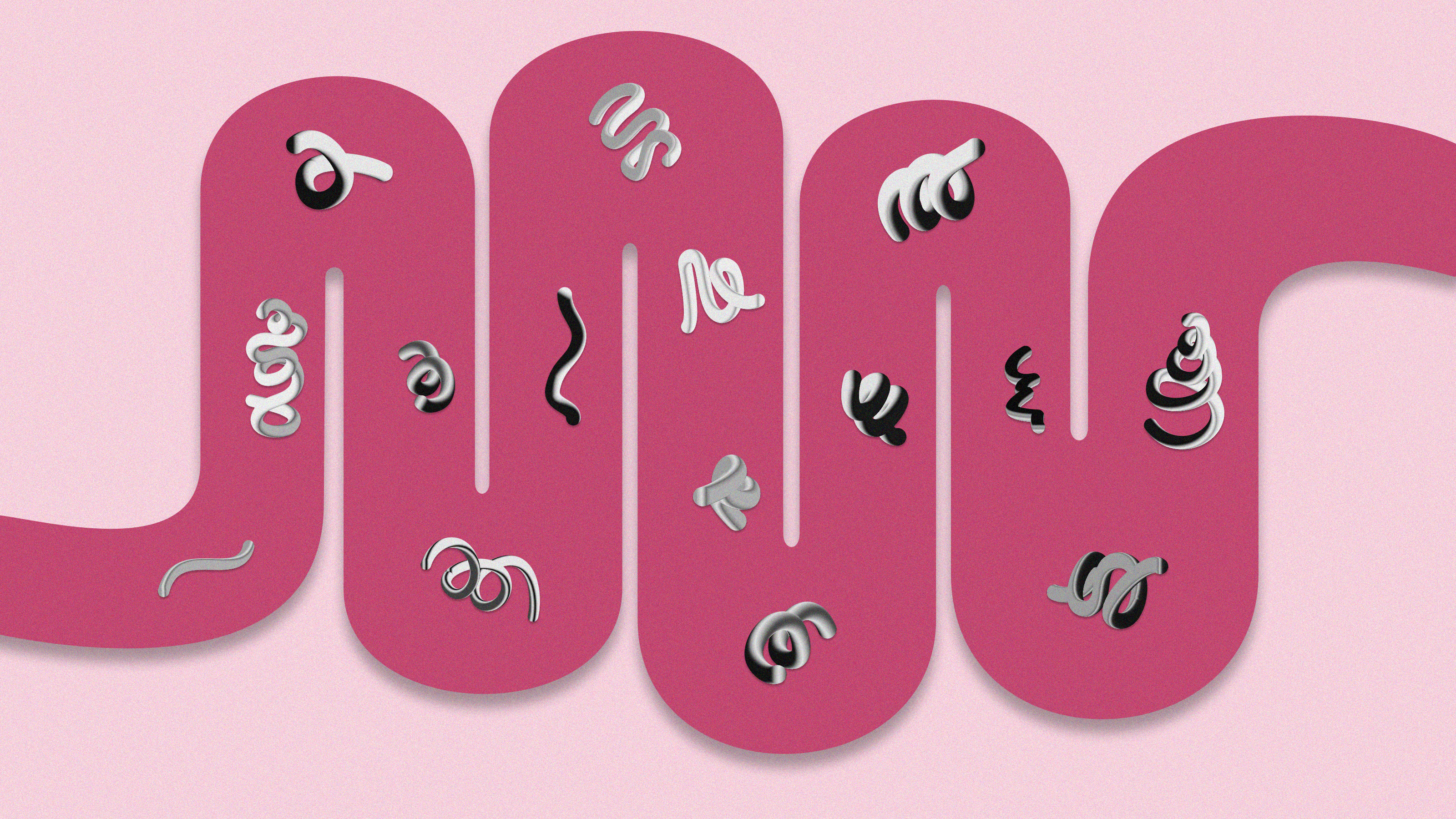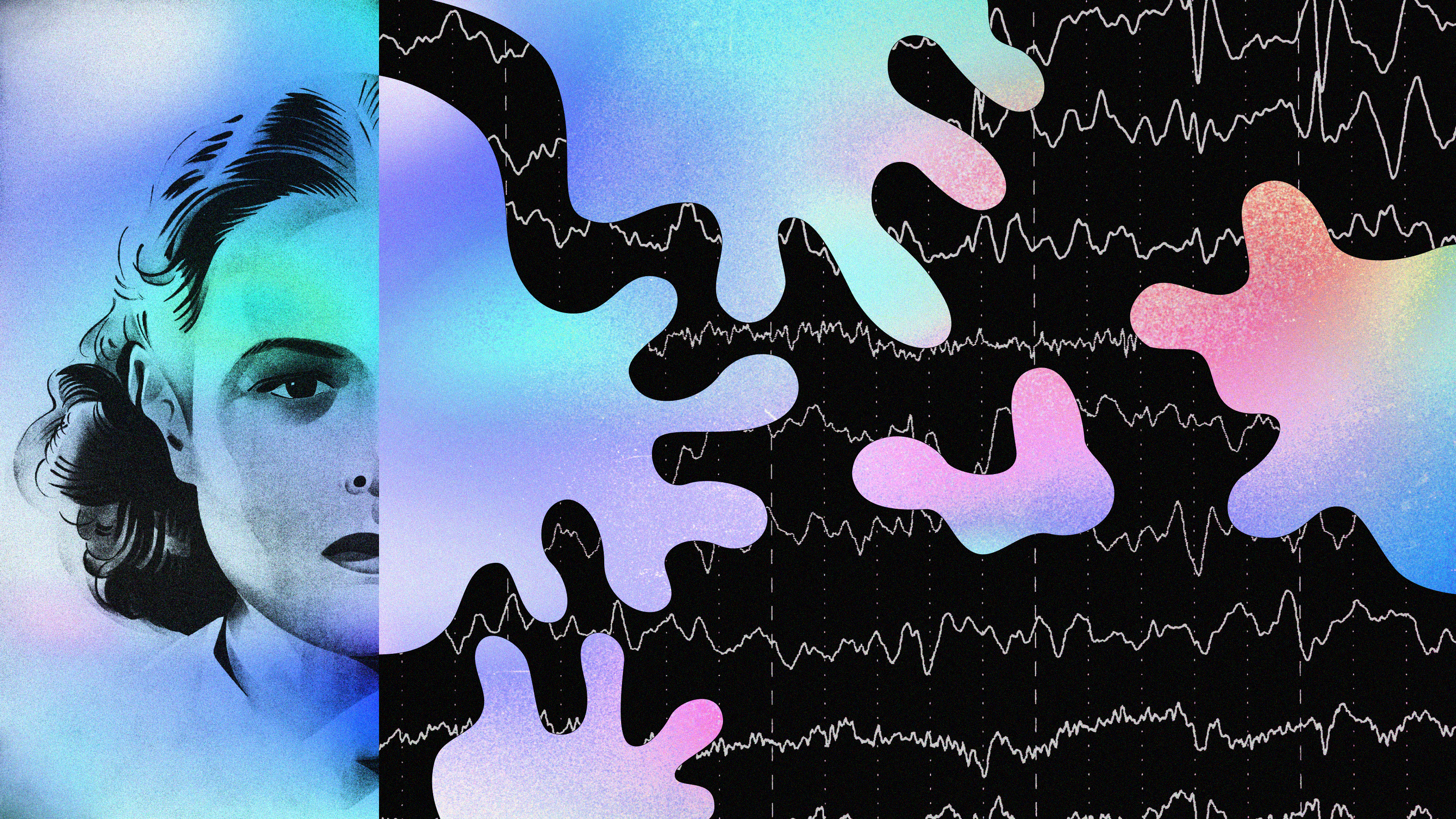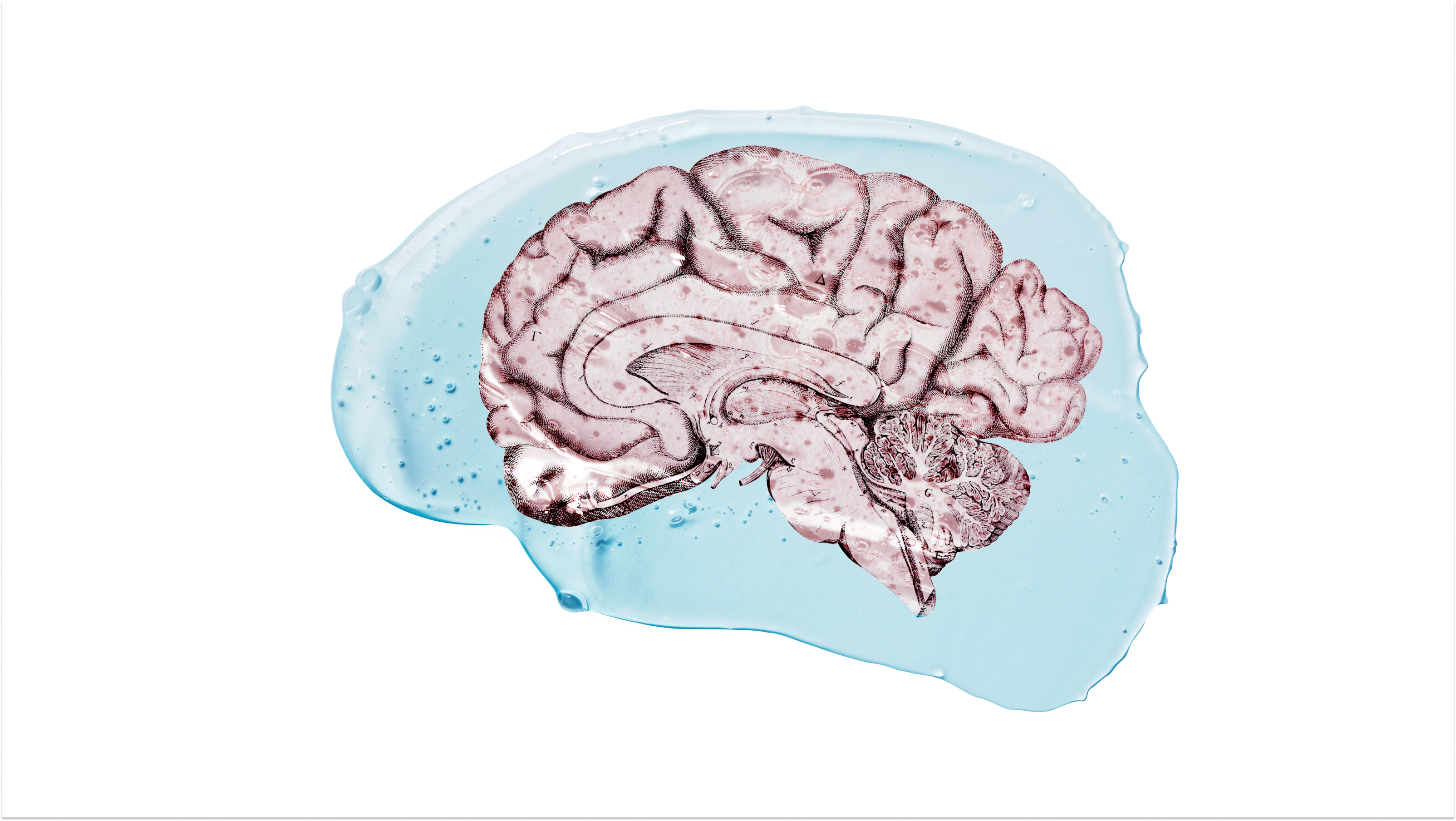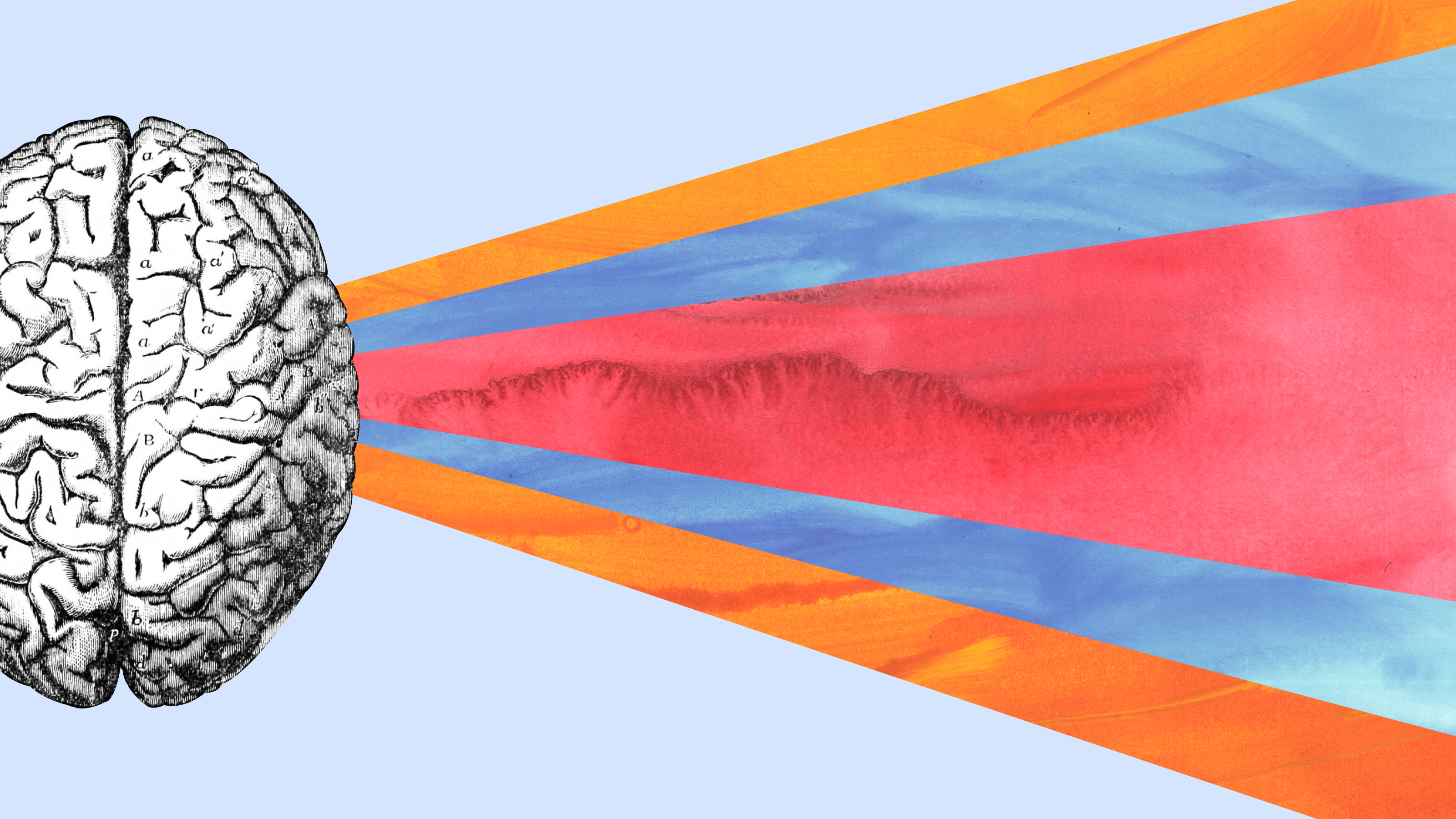neuroscience
Brain-computer interfaces could enable people with locked-in syndrome and other conditions to “speak.”
Evolutionary pressures drove the formation of tribes who encoded their values in myths and symbols. Was this cooperation cursed?
Memory, responsibility, and mental maturity have long been difficult to describe objectively, but neuroscientists are starting to detect patterns. Coming soon to a courtroom near you?
The dying brain experiences a surge of electrical activity. Could this help explain the mysterious phenomena of near-death experiences?
Emotion dysregulation has been linked to unhealthy risk-taking, relationship challenges, and negative physical health outcomes.
A recently identified stage of sleep common to narcoleptics is a fertile source of creativity.
Meditation can put you in a wiser relationship with life.
Desperate times call for desperate measures.
Thomas Edison was on to something…
Neuroscience is beginning to provide clues about the emergence of human consciousness.
The hallucinations that characterize schizophrenia may be due to a “reality threshold” that is lower than it should be.
People with aphantasia cannot conjure mental images, either original or from memory.
A recent study highlights the astounding adaptability of the human brain.
Despite a reputation for catastrophe and cat killings, curiosity is a beneficial drive that improves our lives and well-being.
Striking differences in the composition of the gut microbiome suggest that fermented food could help those suffering from anorexia.
Forgetting and misremembering are the building blocks of creativity and imagination.
Neuroscience suggests that it’s way better to give than to receive — and high performing people agree.
The discovery has enormous implications for the development of novel anti-anxiety medications.
Neuroscientists hope to learn more in the hope of finding a way to reverse dementia.
Adolescents’ brains are highly capable, if inconsistent, during this critical age of exploration and development. They are also acutely tuned into rewards.
Forget these scientific myths to better understand your brain and yourself.
One hypothesis: “gossip traps.”
A study shows that the brains of lonely individuals respond in odd ways to visual stimuli, while those of non-lonely people react similarly.
A recent study is the first to fabricate electronic components from endogenous molecules.
Research suggests parenthood helps couples tune into each other’s minds and emotional states.
The content of our long-term memories is constantly “reconstructed” by our brains. The same is true of memories formed mere seconds ago.
Our brainwaves naturally synchronize with external stimuli like flickering lights. Here’s how the phenomenon might boost learning.
The puzzle of play
The purpose of play — for children, monkeys, rats or meerkats — has proved surprisingly hard to pin down. Scientists continue to toss around ideas.
This was largely a philosophical question until 2005, when a surgical team in France performed the first partial face transplant.
Awe-inspiring moments can be found in our daily lives, and they have surprising benefits for our health and sense of well-being.


